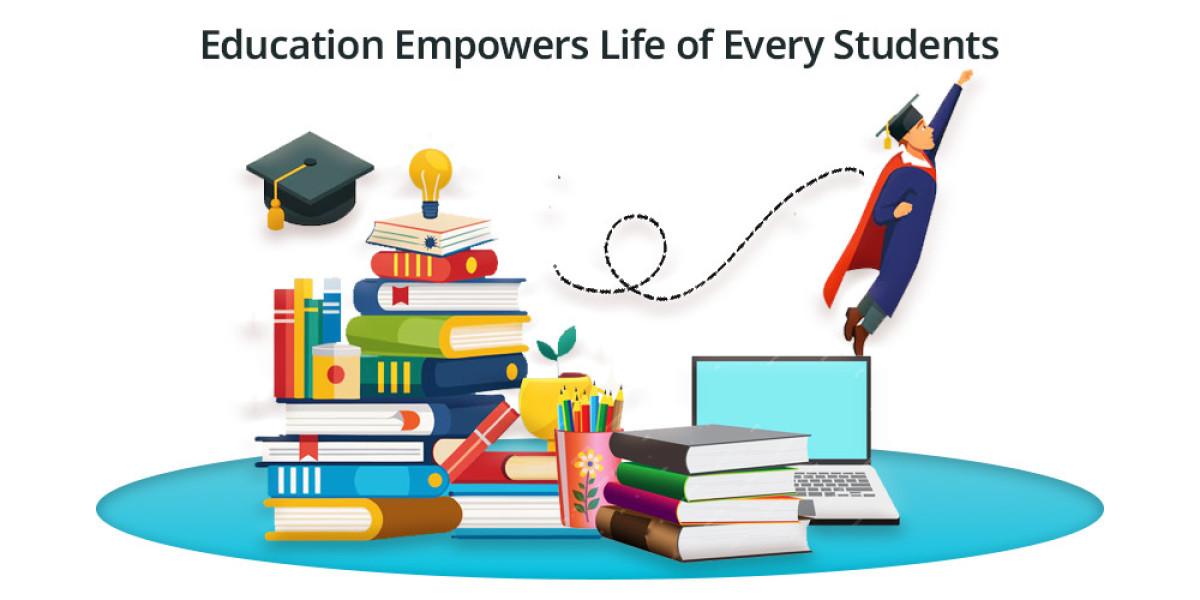Building the Foundation for Lifelong Learning
Early childhood education is more than just a phase of playtime and basic lessons—it’s the stage where children develop essential life skills. Between the ages of two and six, a child’s brain is at its most receptive. During this period, they absorb language, social skills, emotional understanding, and cognitive abilities at a remarkable pace. In structured preschool environments, educators use age-appropriate teaching methods to help children develop curiosity, creativity, problem-solving skills, and a love for learning.
Singapore’s early education landscape emphasizes a holistic approach to child development. Instead of focusing solely on academic performance, many preschools and kindergartens nurture multiple areas of growth—intellectual, emotional, physical, and social. This balance ensures that children not only perform well academically later on but also grow into empathetic, resilient, and independent individuals.
Why Early Learning Matters in the Singapore Context
Singapore is known for its strong education system, which consistently ranks among the top globally. However, what truly sets it apart is its focus on developing children’s potential from an early age. Parents in Singapore increasingly understand that the preschool years form the bedrock for future success.
Early childhood education programs in Singapore are designed to align with the country’s national framework, ensuring children are well-prepared for primary school while still enjoying their formative years. Teachers are highly trained to create nurturing and engaging environments that stimulate learning through play, exploration, and inquiry-based activities.
Moreover, early learning centres in Singapore also promote multicultural awareness and global-mindedness. This is particularly important in a diverse society like Singapore, where children grow up in a multi-ethnic and multilingual environment. Exposure to such diversity helps them develop respect, empathy, and open-mindedness—qualities essential for thriving in a globalized world.
Emotional and Social Development Through Early Learning
One of the most significant benefits of early childhood education is the development of emotional intelligence. Children learn to identify their emotions, express themselves appropriately, and understand the feelings of others. In a classroom setting, they also learn teamwork, patience, cooperation, and problem-solving—skills that extend far beyond academics.
Teachers play a crucial role in guiding children through these experiences. By fostering an atmosphere of care and respect, educators help children build confidence and a sense of belonging. These early interactions with peers and teachers create a solid emotional foundation that supports mental well-being and positive self-esteem throughout their schooling years.
The Role of Play in Learning
Play-based learning is a central part of early childhood education. It might appear simple, but play is one of the most effective ways for children to learn. Through role-playing, art, music, and outdoor activities, they explore the world around them while developing their creativity and imagination. Such experiences encourage curiosity and innovation—traits that are vital in the modern world.
Educators in Singapore’s preschools often integrate play with guided learning experiences, striking a perfect balance between freedom and structure. This helps children build both academic readiness and critical thinking skills in a natural, enjoyable way.
Choosing the Right Early Learning Environment
For parents, selecting the right preschool can feel overwhelming. However, it’s important to focus on finding an environment that encourages exploration, emotional growth, and academic curiosity rather than one that focuses solely on rote learning. Schools that follow internationally recognized curricula, such as the IB Primary Years Programme or inquiry-based models, are particularly effective in cultivating independent and reflective learners.
Midway through their child’s early years, many parents in Singapore explore institutions that provide a nurturing and holistic approach to education. For instance, the early childhood education Singapore programs at international schools like OWIS Nanyang are designed to offer an engaging, inclusive, and inquiry-driven environment where children learn through curiosity, collaboration, and compassion.
Setting the Stage for Future Success
Investing in early childhood education is one of the most valuable decisions parents can make. The lessons learned during these formative years go far beyond academic knowledge—they shape how children think, feel, and interact with the world. When provided with the right guidance, children develop a lifelong love of learning and the confidence to embrace challenges with enthusiasm.
In Singapore, where education is seen as a key to personal and national growth, early childhood education continues to play a pivotal role in shaping the leaders, thinkers, and innovators of tomorrow. By fostering curiosity, empathy, and resilience from the very beginning, the nation ensures that its youngest learners are well-prepared to navigate an ever-evolving global landscape.







